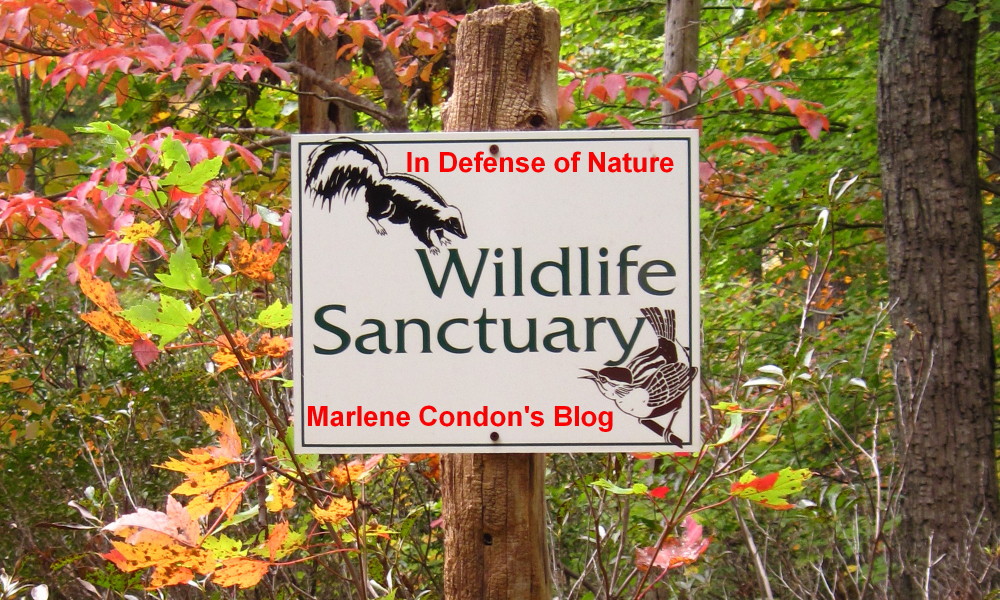 |
If you’ve wondered
how trash ends up in our local waterways and then the oceans, you’ll find the
answer in this photo of a discarded mask near a river. |
On my daily walk recently, I came upon yet another disposable mask on the ground. It was disturbing for many reasons, one of which was that it was quite close to my local river. This refuse could easily be wind-blown into the waterway, beginning a journey to the Chesapeake Bay and eventually the Atlantic Ocean.
Movies or television series (especially, it seems, those from Europe) often show people discarding all kinds of things directly into large bodies of water or the tributaries leading to them, as if such areas represent just another wastebasket. Apparently, quite a few people are oblivious to the fact that many forms of wildlife reside within these liquid habitats and human refuse poses serious harm to those organisms.
The number of disposable masks I’ve seen in parking lots and along roads is sure to rise because “disposable” equates to “one use” in our wealthy society—even when an item could easily be reused. My husband and I bought two disposable masks when the pandemic began over six months ago, and we are still using them. When we get home from shopping, I flatten the masks and leave them out so any COVID virus organisms on them will become dehydrated and less virulent or completely harmless.
Additionally, we wash our hands at least once while out-and-about and immediately upon arriving home, and we practice the six-feet-apart rule as much as is practical in public. But, what I consider most important of all, is that we do not touch our hands to our eyes, noses, or mouths unless we’ve cleaned them first. If this one bit of reasonable and effective advice was impressed upon the public, we would not have had to shut down businesses, many of which will never reopen. Instead, we’ve had pandemonium, a chaotic situation in which government and medical officials alike have responded with fear and overreaction.
Yes, this illness is quite infectious and needs to be taken seriously. However, it never meant we needed to put people out of business, depriving owners and employees alike of their livelihood. Individuals can take their own proactive steps to protect themselves from COVID-19 while still visiting restaurants, museums, grocery stores, etc.
The one reaction by government and medical officials that has been proven to be overkill—as evidenced by the relaxation of government insistence for it—is the sanitation of virtually everything in sight. Just because we’re able to spread these chemicals everywhere does not mean we should. Common sense should tell us that inhaling chemicals not meant to be ingested can never be good for one’s wellbeing, and yet people have been subjected to that experience.
I got to the post office a bit early one day before the service section opened. As I waited in the lobby, a man came around to sanitize every wall and object in the room. He wasn’t near me, but—much to my dismay—his spray filled the lobby and I ended up breathing those chemicals.
Another time, my husband and I stayed at a hotel that offered breakfast with the night’s lodging. We got into the dining room first thing to eat, and only one other person was having his breakfast. Yet, the moment he left, an employee came around and wiped every single table in the room, rather than just the used table, with sanitizer. We weren’t only unhappy about having to breathe sanitizer and wonder what ill effect it could have on our health; we also could not enjoy the rest of our breakfast due to the fragrance. This experience did nothing to encourage us to travel again, which would be a help to the industry, from hotels/motels and restaurants to gas stations and other kinds of businesses.
I complained to the hotel chain, which blamed it on the Centers for Disease Control and Prevention guidelines they were required to follow. It’s sad but true that those in charge with the power to impose rules rarely think through their edicts to be sure they are logical and don’t go beyond what is absolutely required and suitable. Of course, those in government have guaranteed income and employment, so they are immune from the consequences of the rules they impose upon the rest of us. Thus, they probably don't concern themselves with the repercussions. Craziness can be defined as “something that is totally unsound”, which I would suggest has been the case with the extreme sanitation requirement in the general public realm (rather than just in medical settings).
NATURE ADVICE:
The COVID pandemic has been disastrous for our environment. Think of the tons of additional waste, thanks to restaurants that had to offer take-out service only (with its plastic utensils and Styrofoam containers that are hard to recycle) in order to survive. Think of all the people throwing away disposable masks after a single-use. Think of all the sanitizer chemicals that make their way to wastewater treatment plants and then to waterways, yet have not been proven to protect you any better than using plain soap and water and keeping dirty hands away from your face. It’s a fact that outside of a hospital, most people catch respiratory illnesses directly from infected people, not contaminated surfaces.
https://www.rush.edu/news/does-hand-sanitizer-work



